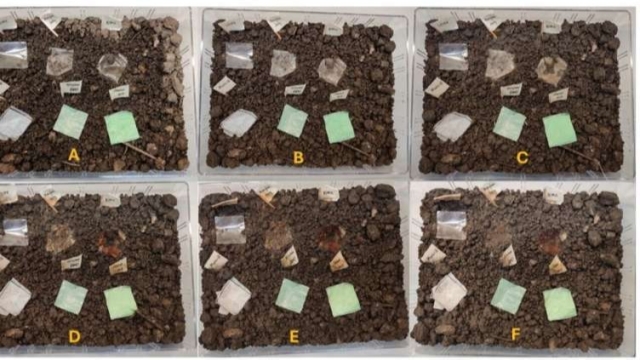
Image: University of Copenhagen
Researchers at the University of Copenhagen have developed a biodegradable plastic from barley starch blended with fiber from sugar beet waste. The new material, which decomposes in nature in just two months, can be used for food packaging and other things.
The new material also reduces the climate footprint of plastic production. “We have an enormous problem with our plastic waste that recycling seems incapable of solving,” said Professor Andreas Blennow of the Department of Plant and Environmental Sciences, University of Copenhagen.
“We’ve developed a new type of bioplastic that is stronger and can better withstand water than current bioplastics. At the same time, our material is one hundred percent biodegradable and can be converted into compost by microorganisms if it ends up somewhere other than a bin,” Blennow said.
Researchers have maintained that only nine percent of plastic waste is recycled worldwide, while the rest is either incinerated or dumped into landfills. Blennow also claimed that bioplastics already exist, but they aren’t 100% degradable. Only a limited part of them is degradable under special conditions in industrial composting plants.
The new material is so-called biocomposite and its main ingredients are, amylose and cellulose, which are common across the plant kingdom.
Source: Interesting Engineering
Image: University of Copenhagen